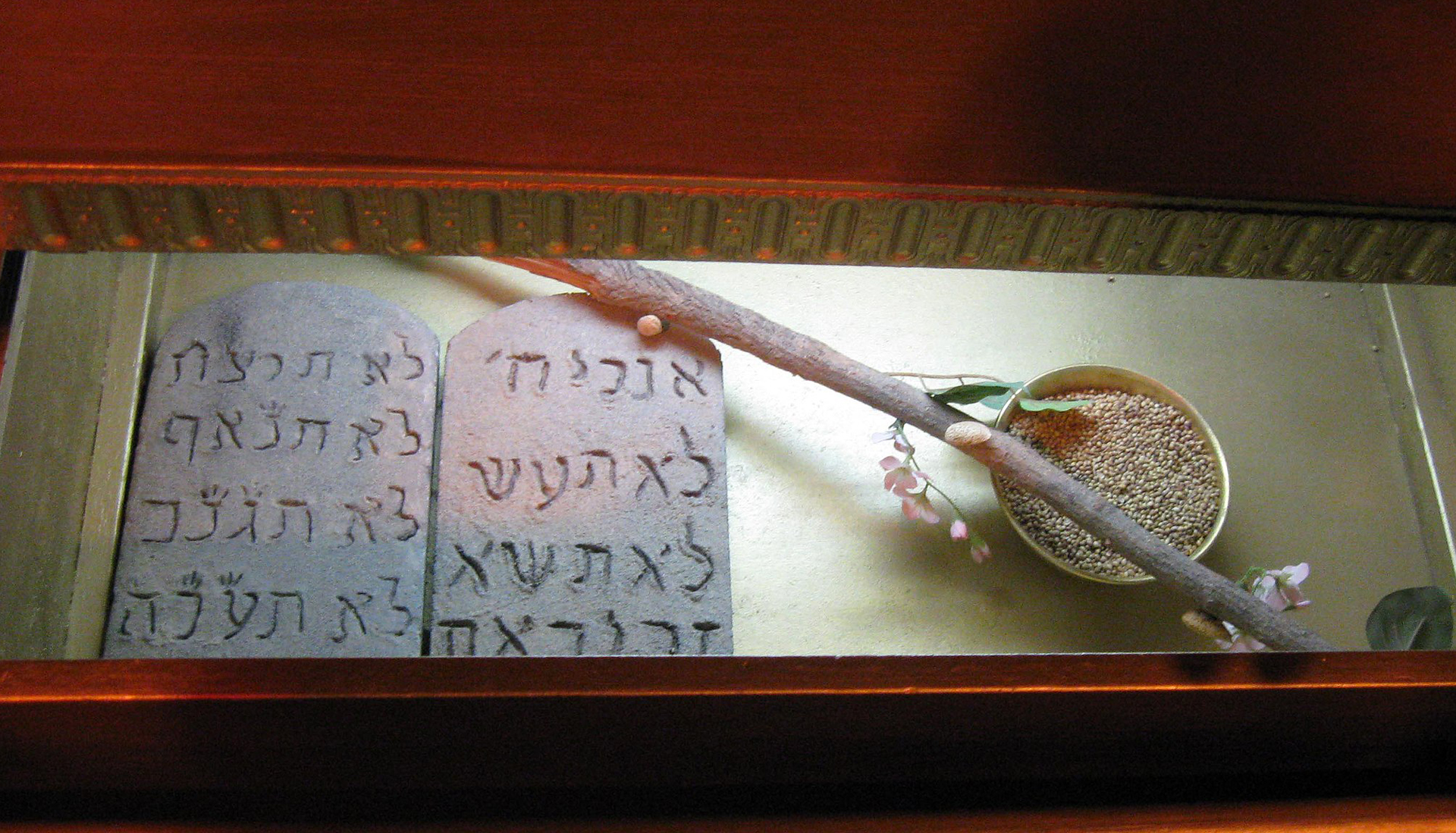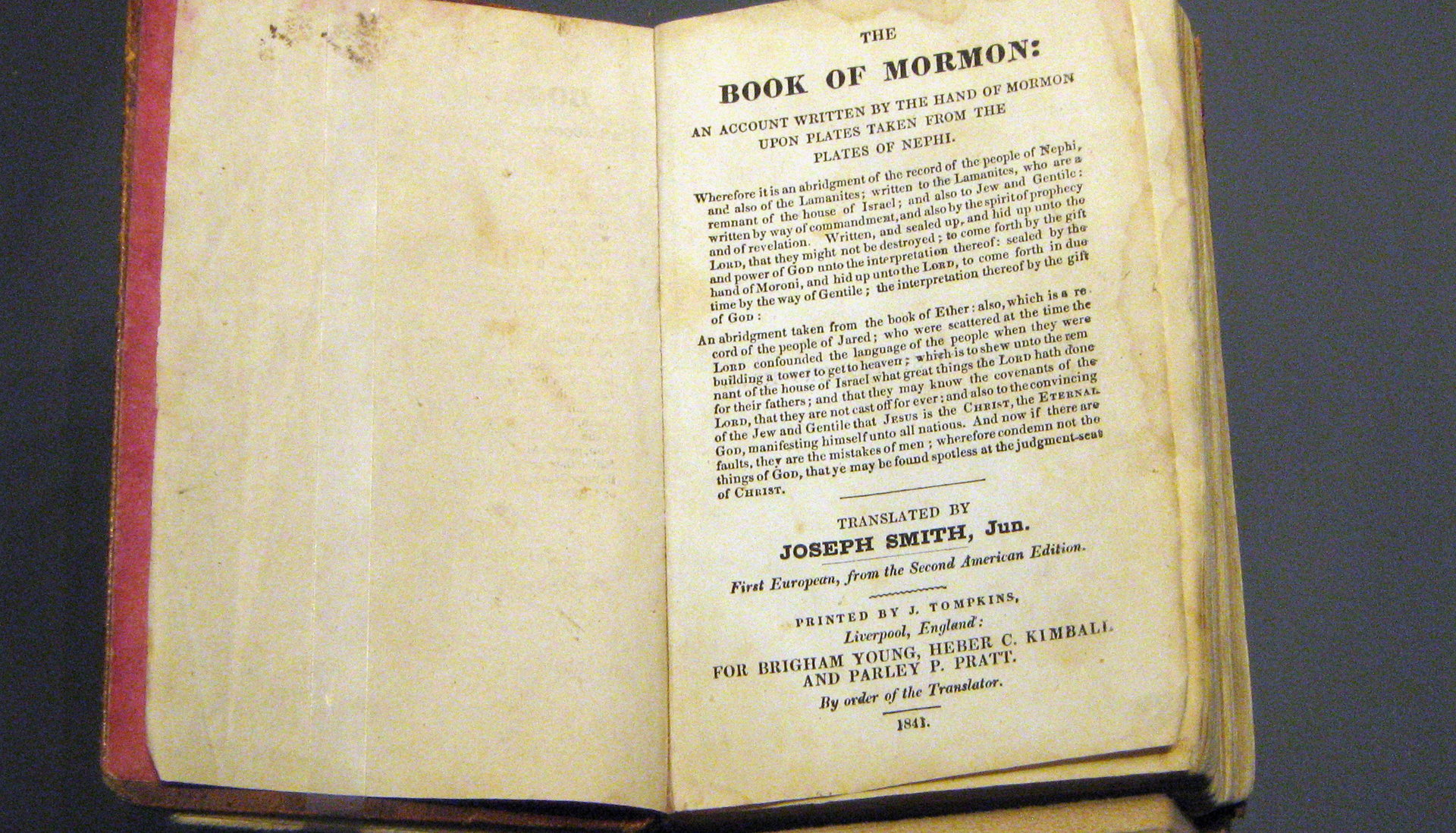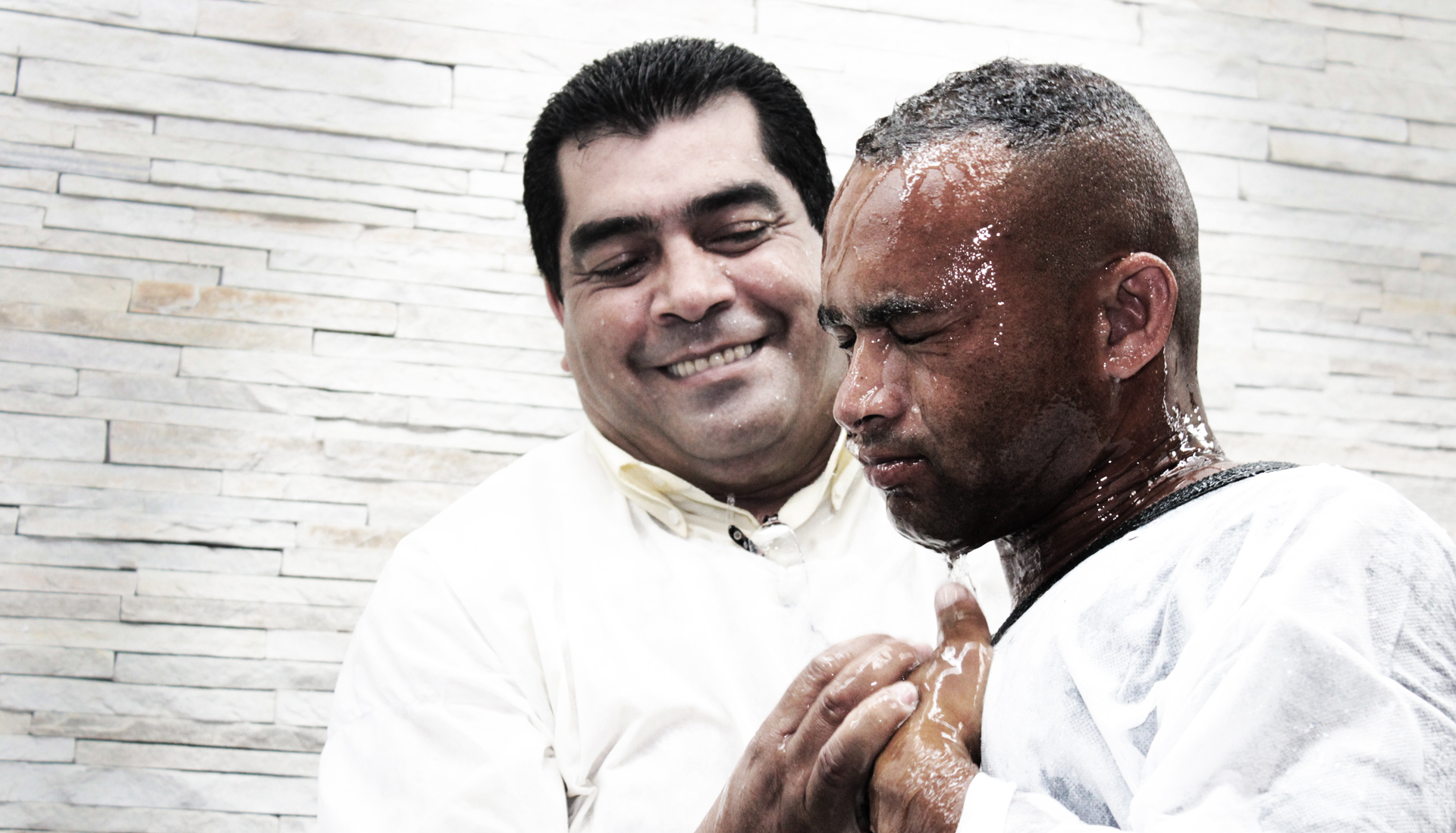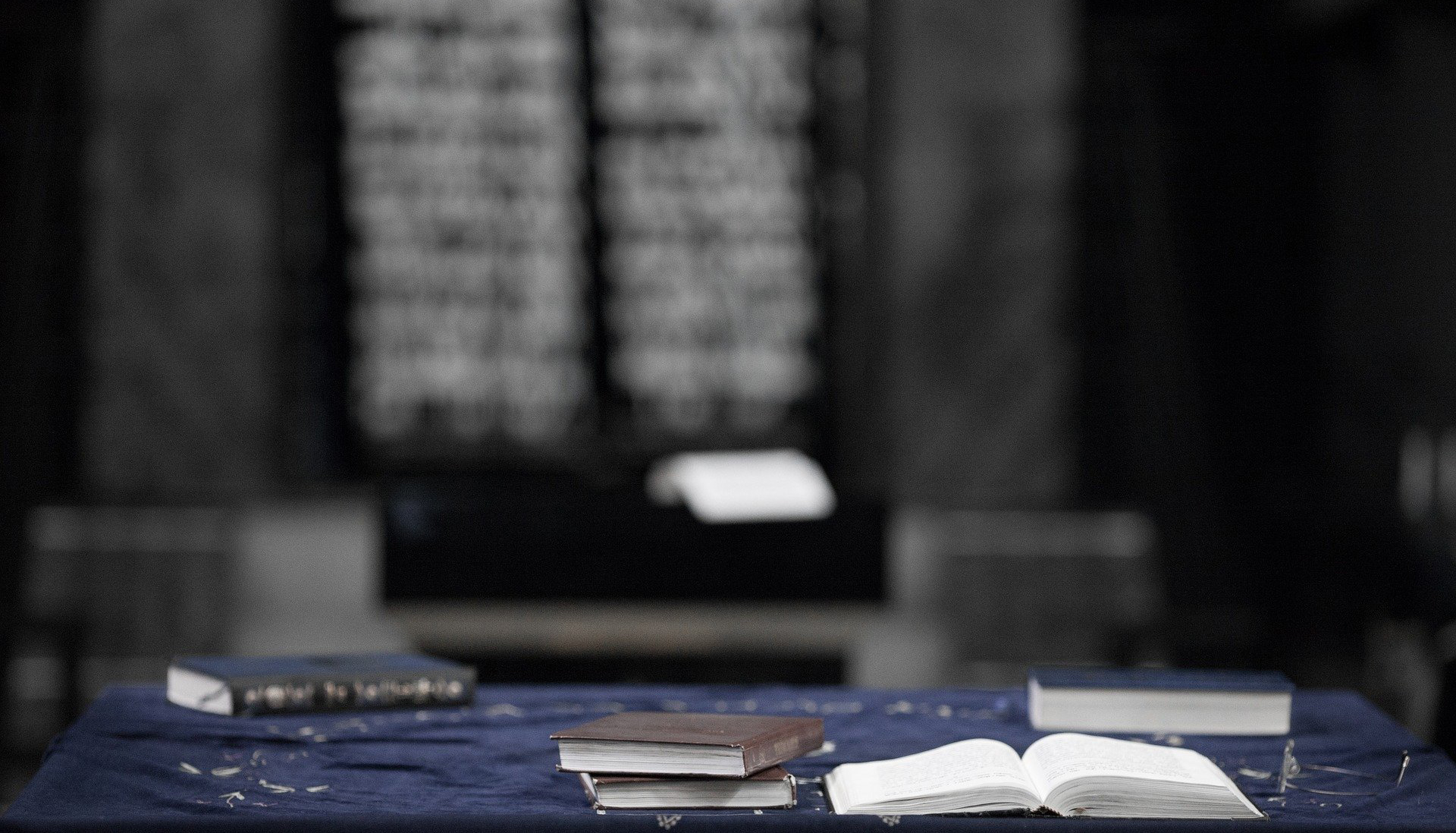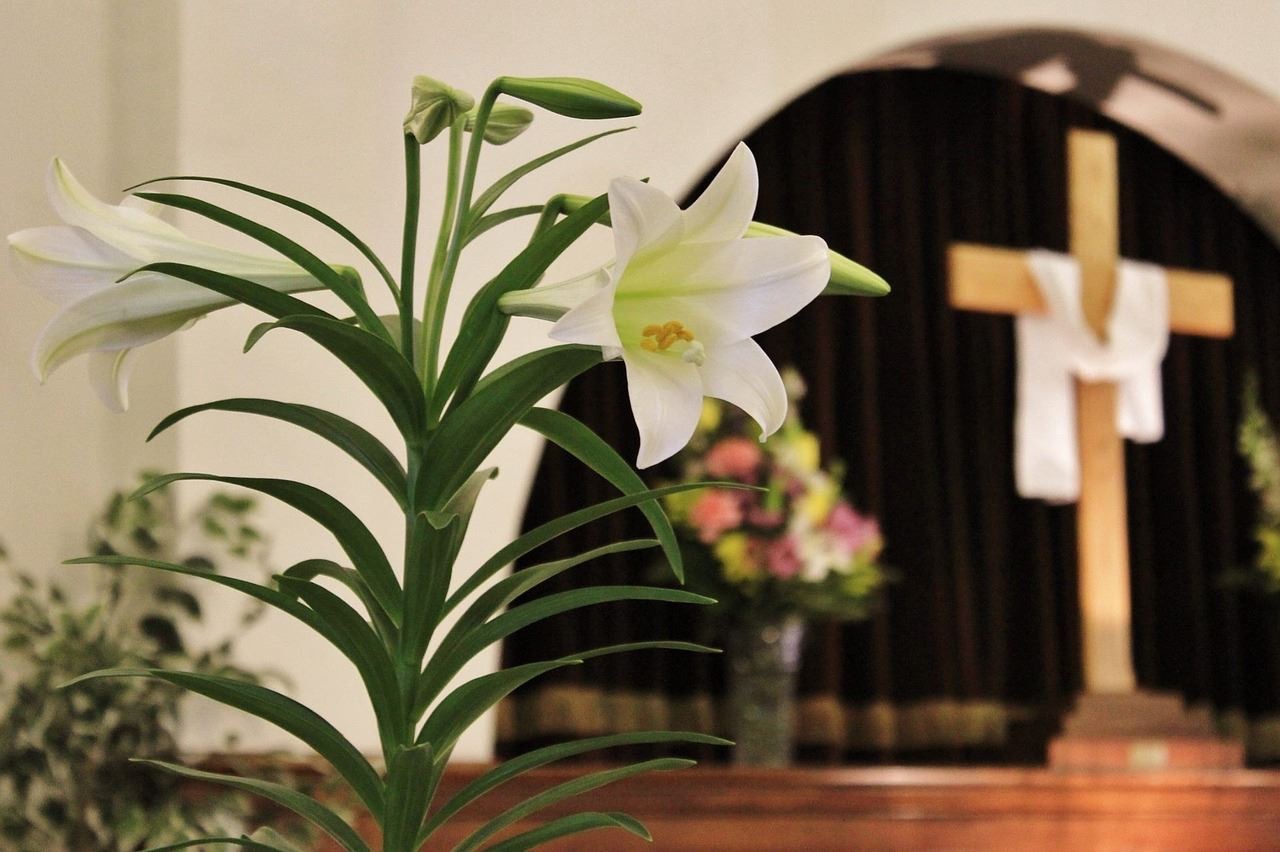The Baptist Version of The Book of Mormon Part 2: Its Central Theme
I’ll say it again. The central message of the Book of Mormon is—restoration of the covenants in these latter days! And that message is meant for all God’s children.
The Baptist Version of The Book of Mormon Part 1: Protestant Doctrines within the Book of Mormon
I’m a licensed Southern Baptist minister and I embrace the Book of Mormon.
That is, I believe the truths recorded in it. No, I’m not a convert to the Mormon faith, nor am I a member of any particular “spin-off” restoration group such as the RLDS (Reorganized Latter-day Saints), Hedrikites, or Strangites. I’m still a Baptist minister. To be exact, I’m “charismatic Baptist.” That is, I still embrace the “born again” experience. I still believe you’re saved by grace. By the shed blood of Christ. Salvation is by faith alone in His finished work on Calvary. I still believe in the Baptism in the Holy Spirit and the gifts of the Spirit. I believe and embrace those cardinal doctrines of Protestantism.
The Faith to Move Mountains and the Wisdom to Leave Them Be
“And Jesus said unto them, Because of your unbelief: for verily I say unto you, If ye have faith as a grain of mustard seed, ye shall say unto this mountain, Remove hence to yonder place; and it shall remove; and nothing shall be impossible unto you. Howbeit this kind goeth not out but by prayer and fasting.” -Matthew 17:20-21
Dear Brothers and Sisters, my mind is moved to write to you to address your great faith that you have in the Lord in a time when you will need it, and also to add a word of wisdom to that wellspring that you draw from. At this time, a great plague is moving across the land and the governments of every nation, kindred, tongue and people are in turmoil and confusion. At this time, we must remember what we have learned from the Gospel.
Baptism as a Part of Rebirth
“Therefore, come and be baptized unto repentance, that ye may be washed from your sins, that ye may have faith on the Lamb of God, who taketh away the sins of the world, who is mighty to save and to cleanse from all unrighteousness.” -Alma 5:25 RAV, 7:14b RAV
When Nicodemus came to Jesus to learn about salvation, he was told he would need to be born again (John 3:1-8). Baptism is a Sacrament offered to those that have covenanted with God to be His people. When we were born again we were washed clean and made members of God’s one true Heavenly church through this covenant. When moved by the Holy Spirit, we will wish to be baptized as a symbol of this covenant, thus it is called the baptismal covenant. As above, so below; as below, so above.
The Wide and Narrow Paths
“Enter ye in at the strait gate: for wide is the gate, and broad is the way, that leadeth to destruction, and many there be which go in thereat: because strait is the gate, and narrow is the way, which leadeth unto life, and few there be that find it.” -Matthew 7:13-14 KJV
With our conversations on grace and works, and in mitzvah and the sacraments, there is likely still some confusion. As human beings we tend to separate then regroup things. Yet God asks us to bring things together (see John 17). And so many ask themselves, how can we rely fully on grace if we do good works? How can we do good works if we rely on grace? And most importantly, if the path is that narrow, how can we know if we are truly saved? The answers are simple: we receive what we receive, do what we do and know what we believe is true because we are on the path of teshuvah. We know because we know.
Mitzvah and the Sacraments
“Nevertheless, the Lord God showeth us our weakness, that we may know that it is by his grace and his great condescensions unto the children of men that we have power to do these things.” -Jacob 3:8 RAV, 4:7 OPV
In Christianity there seems to be an ongoing battle between works and grace, salvation and exaltation, the Law and the fulfillment of that Law. Yet these are not opposites. The fulfillment of justice through mercy cannot be the opposite of judgment and justice as these forces, mercy and justice, are working in unity. Likewise, doing the works of God cannot be seen as evil as they are God’s works. The opposite of holy is the superficial, not the holy. We must therefore see not how to separate these two things of God, but how to unite them.
Grace and Works
“And if by grace, then is it no more of works: otherwise grace is no more grace. But if it be of works, then is it no more grace: otherwise work is no more work.” -Romans 11:6
Last week we discussed mitzvah and sacrament. We discovered God wants us to hear Him, to watch and worship Him, to remember the mitzvah (the instructions He has given us), receive ordinances, and study and live the Torah. And we do all these by grace. Yet there are still those that think there is a difference between grace and works.
A New Understanding of the Restoration
“Be faithful to the spirit of the Restoration, mindful that it is a spirit of adventure, openness, and searching; walk proudly and with a quickened step, be a joyful people, laugh and play and sing, embodying the hope and freedom of the gospel.” -Doctrines of the Saints 2c:12-13
Someone asked what religious tradition I was brought up in and how it helped me grow spiritually and accept other traditions. My response may open a whole new world for you.
Church vrs Torah
Reminiscing
In the shower this morning I was considering the concept of “church”. Every time I run into a conversation on – church – I get uneasy. I don’t believe in church but I know the person does. The moral structure of churches are hypocritical, limited and artificial. I believe in the structure of society Moses laid out in the Torah, is more honest, and lends itself to spiritual connectedness to Gd.
Unification
The presentation of truth unfolding, places scripture of all the various revelatory paths on the table, and now allows us to see the diversity of the universe with the lens of all paths able to coexist, unify, and gather together, if the seeker so chooses to allow such melding of creation to occur. Scriptural topics can be augmented by bringing together, similar concepts, to flesh out a greater understanding.
The Atonement
“We believe that through the Atonement of Christ, all mankind may be saved, through his mercy and Grace, which leads us to obey the laws and principles, and obtain the ordinances of the Gospel.” -Article of Faith 3
By reading the Letter of the Bible alone (without the input of the Holy Spirit of Truth) and accepting it as the authority rather than God, men have formed a variety of erroneous ideas regarding the atonement. The Spirit of Truth alone can reveal the true meaning of Jesus Christ’s mission and work. The understanding of the Atonement has been corrupted over time. Some have supposed that once we have accepted Christ, we are fully saved and no there is further need for growth. Looking at history it is clear that merely accepting Jesus as one’s personal Savior has not taken sin, suffering, and death from the world. Therefore it must be that this understanding of being “once saved, always saved” has fallen short of the Truth.
Come Ye apart and be a Peculiar People
We must evaluate whether we are more concerned about being seen as normal by society or whether we are concerned about fulfilling our Divine plans.

